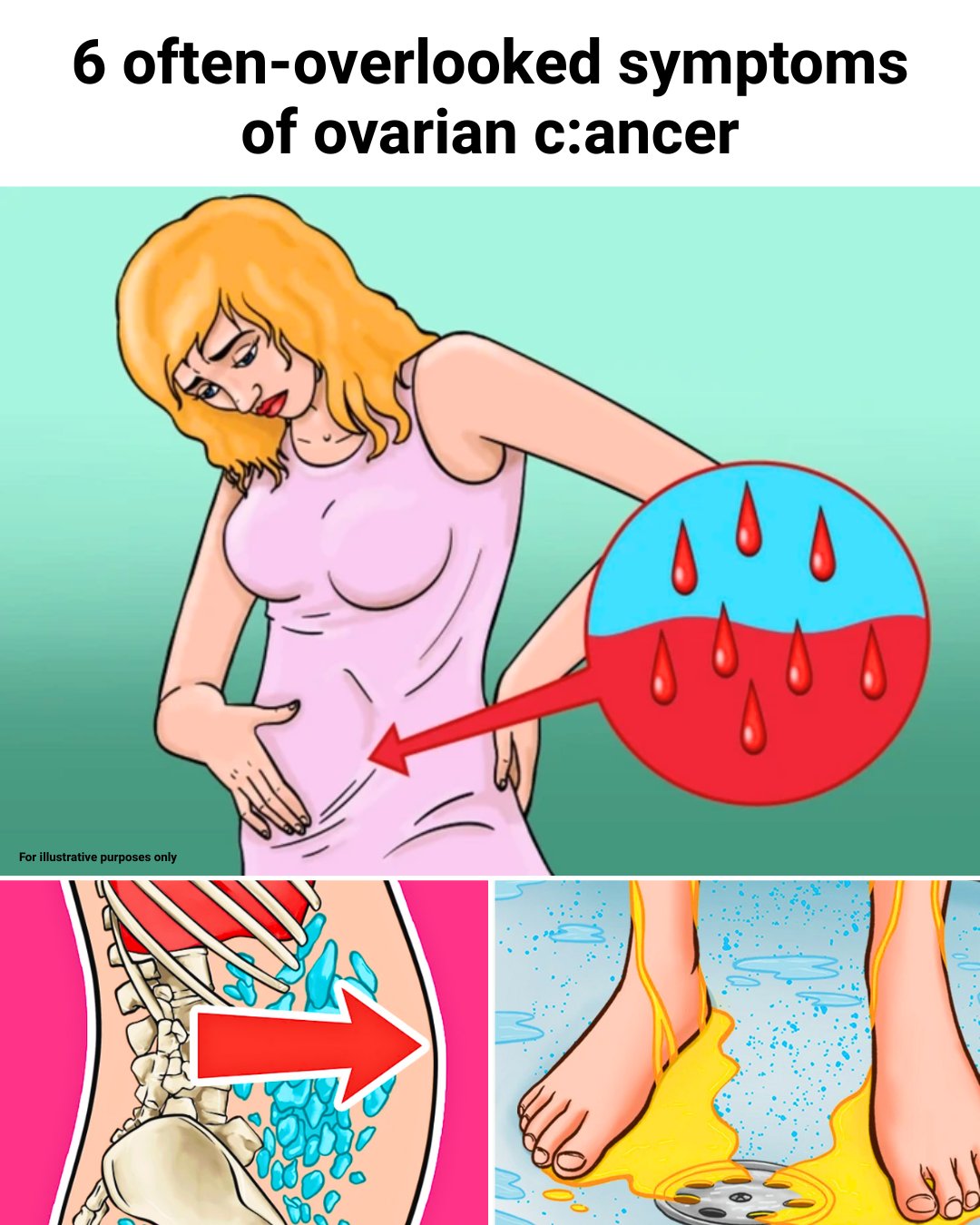Ovarian cancer is often referred to as a “silent” disease because its symptoms can be subtle and easy to ignore until the disease has progressed to a more advanced stage. Since there’s currently no standard screening test for early detection, the key to catching it early lies in paying attention to your body and recognizing the warning signs before it spreads.

Ovarian cancer usually starts in the ovaries, which are located on either side of the uterus near the fallopian tubes. However, it can also originate in the peritoneum, a thin layer of tissue that covers and supports the organs in the abdomen, including the ovaries. Once diagnosed, treatment options typically include surgery, chemotherapy, or targeted therapies to eliminate cancer cells and prevent recurrence. But to get to that point, you first have to notice something isn’t right. That means understanding the symptoms, even the ones that don’t seem alarming at first. One of the most frequently reported symptoms is abdominal bloating.
While it’s common for many people to feel bloated from time to time—especially around meals or during menstruation—persistent bloating that doesn’t go away should be a red flag. The National Library of Medicine has cited bloating as one of the most common early symptoms reported by ovarian cancer patients. This bloating could be due to a buildup of fluid in the abdomen as the cancer begins to grow and spread. If you find your clothes fitting tighter around your waist and the feeling doesn’t resolve, it’s worth mentioning to your doctor. Another important symptom to be aware of is pelvic or abdominal pain. Many women describe it as pressure, cramping, or a dull ache that feels different from typical menstrual cramps. This discomfort might come and go or linger for days. Some women say it feels like something is pressing down on their lower belly or pelvis. If this sensation becomes a regular occurrence, it’s time to seek medical advice. Feeling unusually full after eating small amounts is also something to take seriously.
While it’s normal to feel full after a large meal, early satiety—feeling stuffed after just a few bites—can be a sign that something is wrong. This can happen when a growing tumor or fluid buildup presses on your stomach, limiting your appetite and altering your eating patterns. If you start skipping meals or eating far less than usual because you feel full quickly, don’t dismiss it. Changes in urination habits can also be linked to ovarian cancer. Since the ovaries sit close to the bladder, a tumor can exert pressure on it and cause frequent urination, urgency, or even leakage. Some women may feel a sense of bladder pressure or mild pain that they chalk up to a urinary tract infection or aging. If these changes persist without a clear cause, it’s time to check in with a healthcare provider.
Irregularities in your menstrual cycle should not be ignored either. According to a 2022 report, 13 percent of ovarian cancer patients experienced vaginal bleeding as one of their symptoms. This may show up as spotting between periods, heavier-than-usual flow, or bleeding after menopause. Additionally, any noticeable change in vaginal discharge—such as increased volume, different color, or odd smell—should prompt a visit to the doctor. Another symptom many don’t associate with ovarian cancer is bowel changes. Constipation, diarrhea, and indigestion can occur when a tumor places pressure on the intestines. If your bathroom habits change significantly for no apparent reason, it could be your body’s way of signaling distress. Back pain, fatigue, unexplained weight loss or gain, pain during sex, or bleeding after intercourse are also associated with ovarian cancer. While many of these symptoms can overlap with other health issues, it’s better to be cautious. If you experience even one of these symptoms consistently for more than a couple of weeks, don’t wait to see if it goes away. Trust your instincts, listen to your body, and speak to a medical professional. Early detection can be the key to saving your life. Being proactive could make all the difference.





